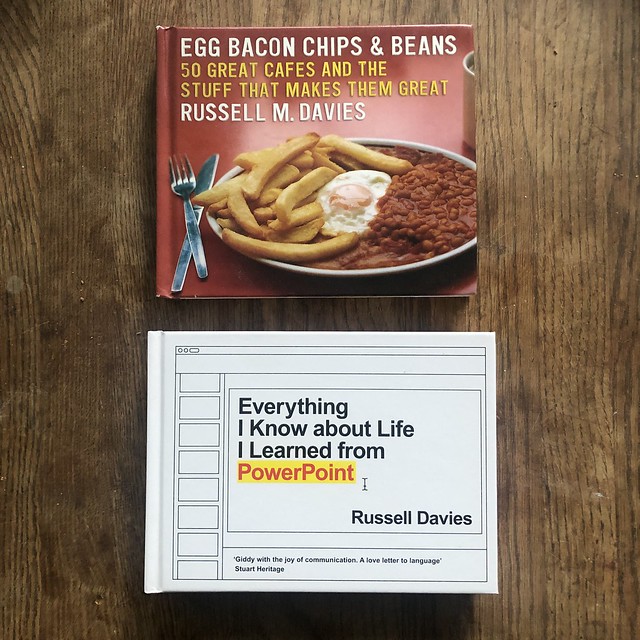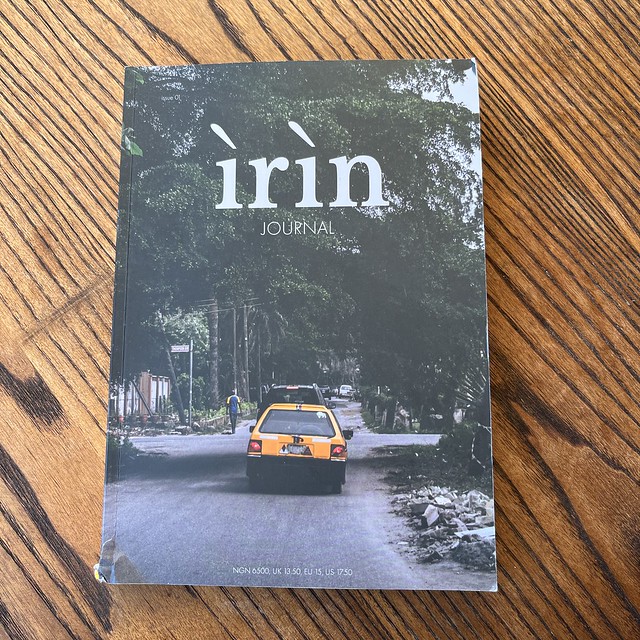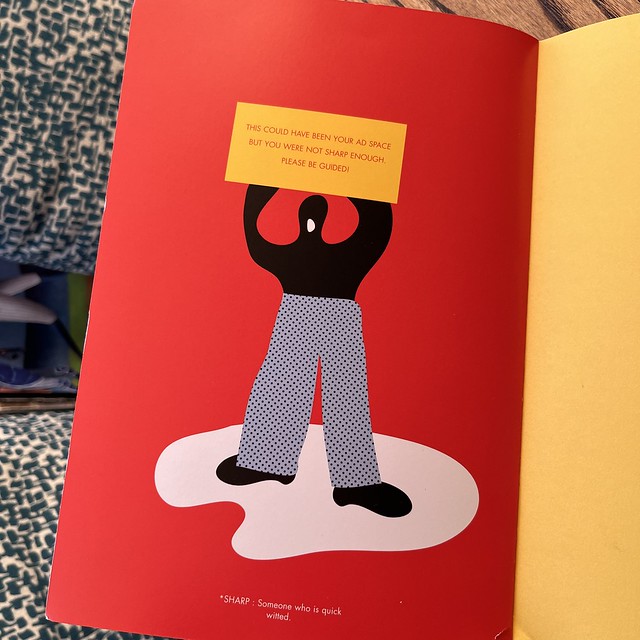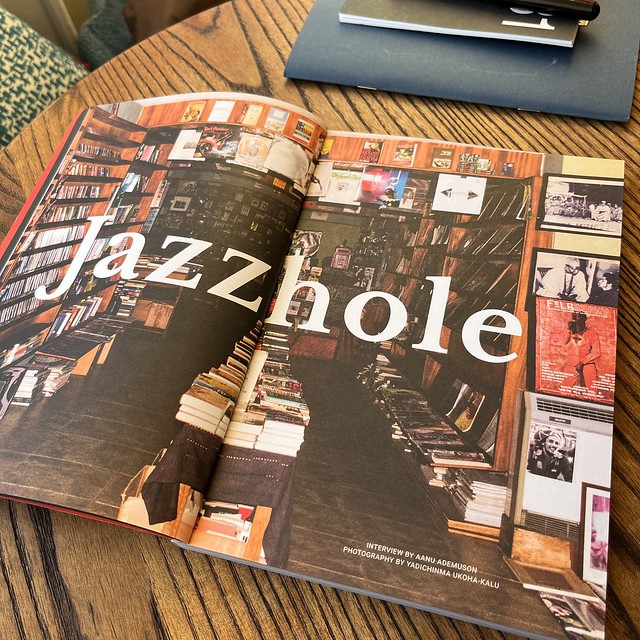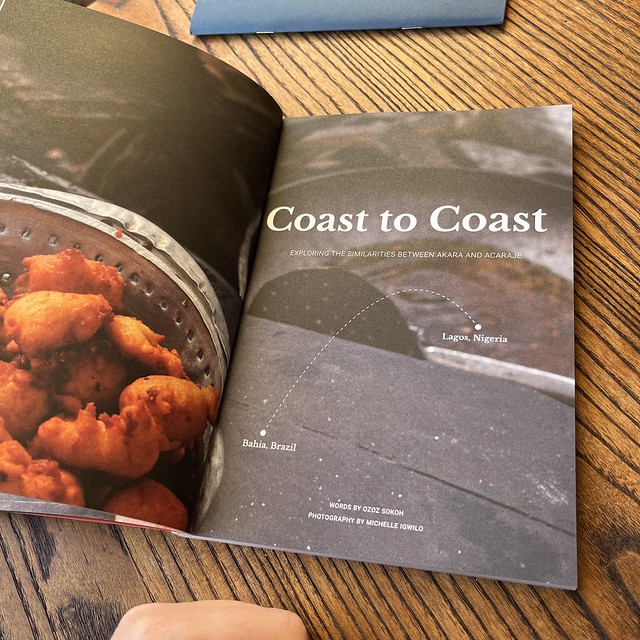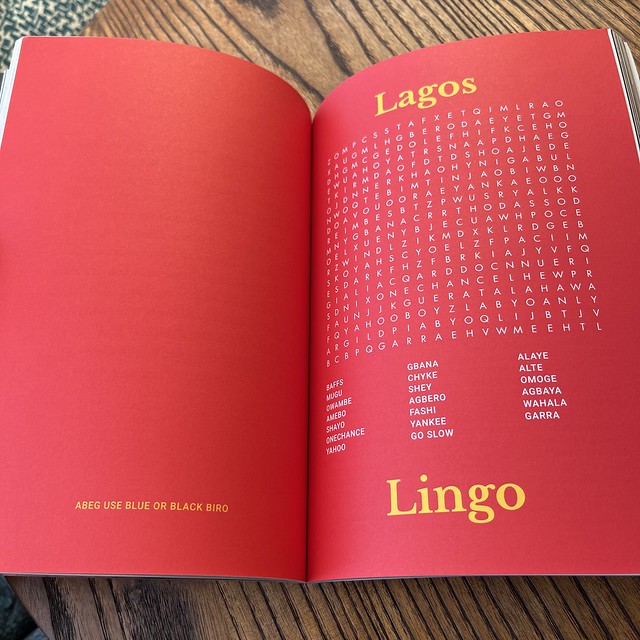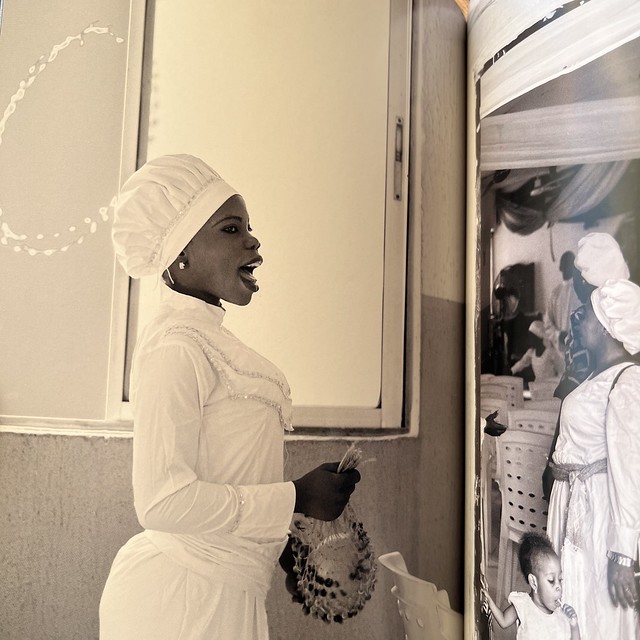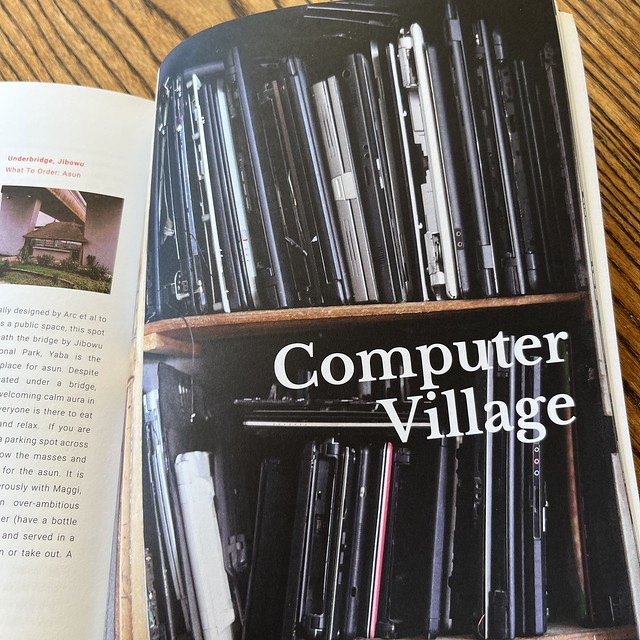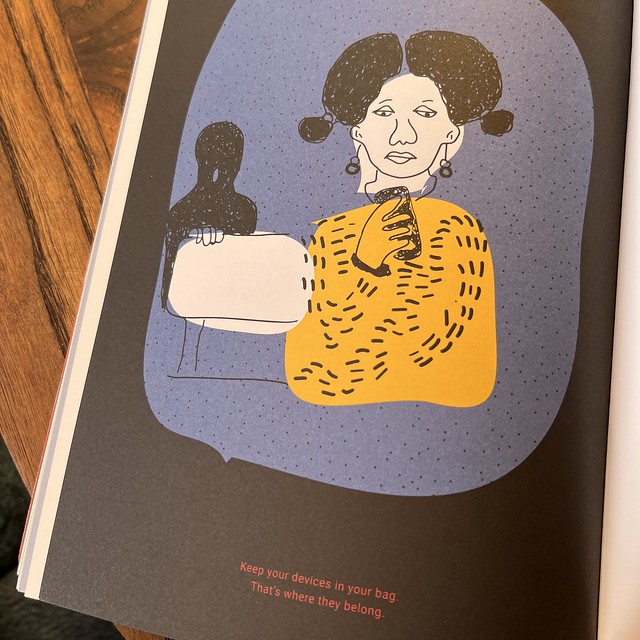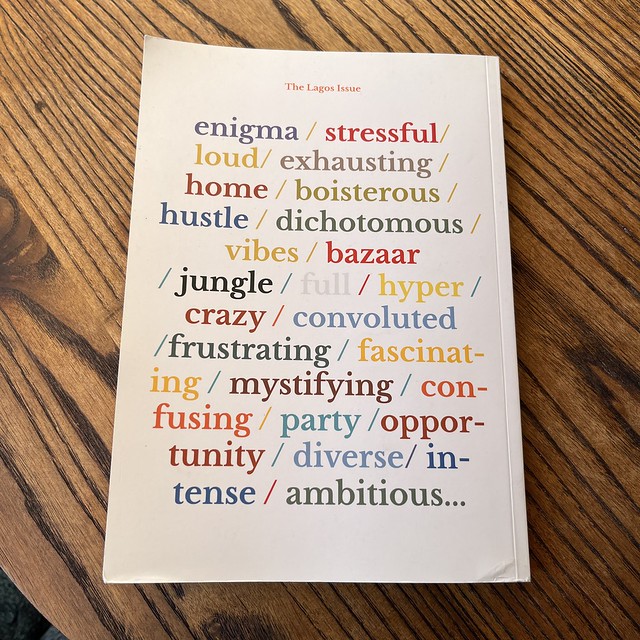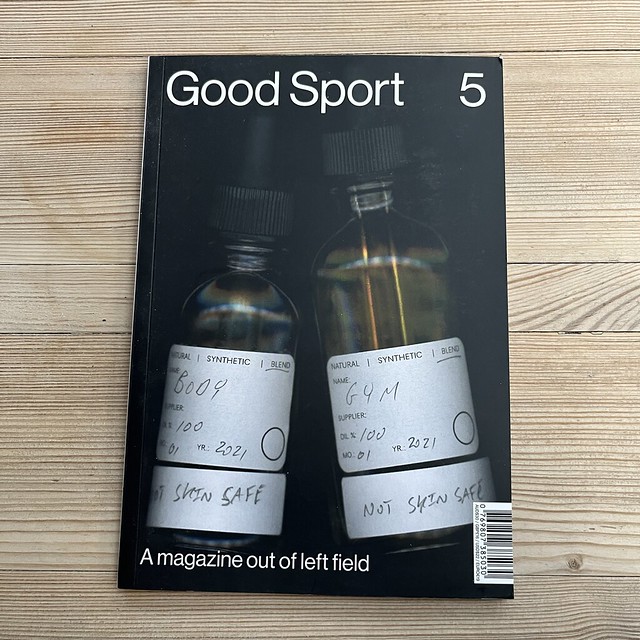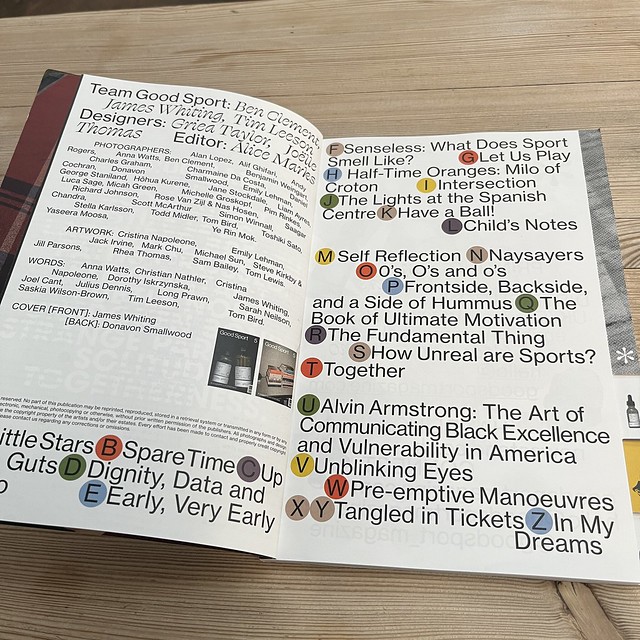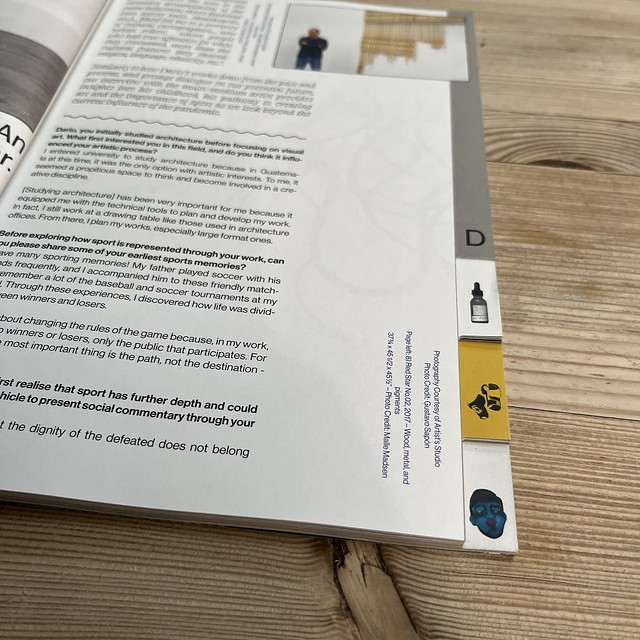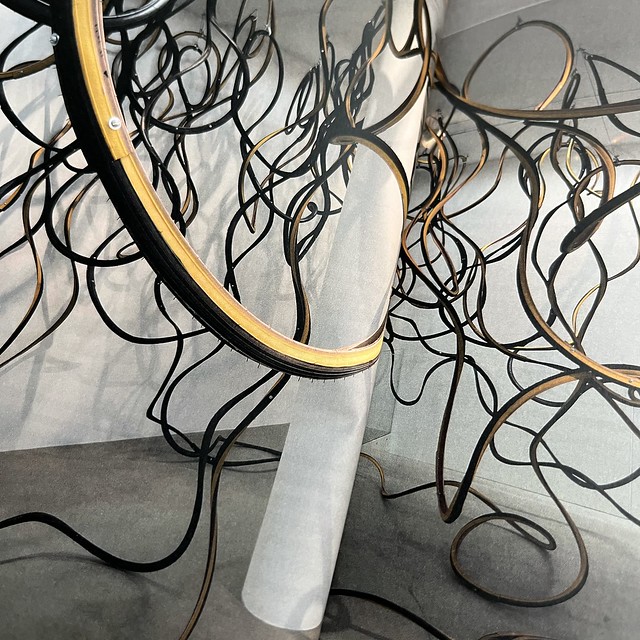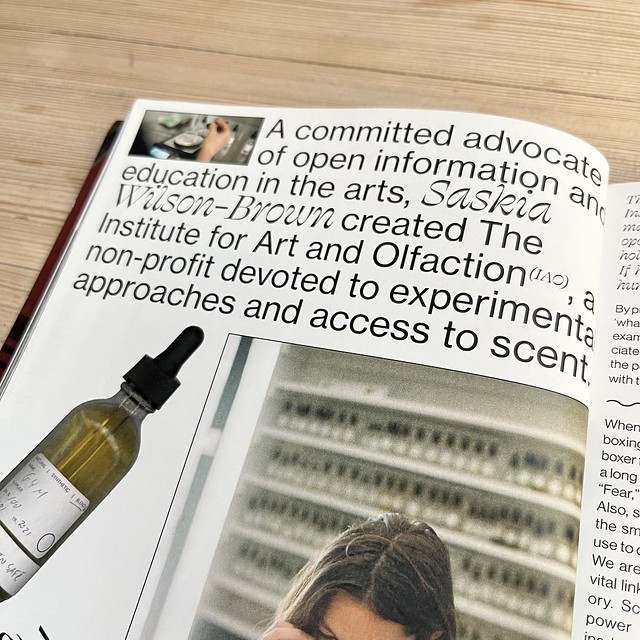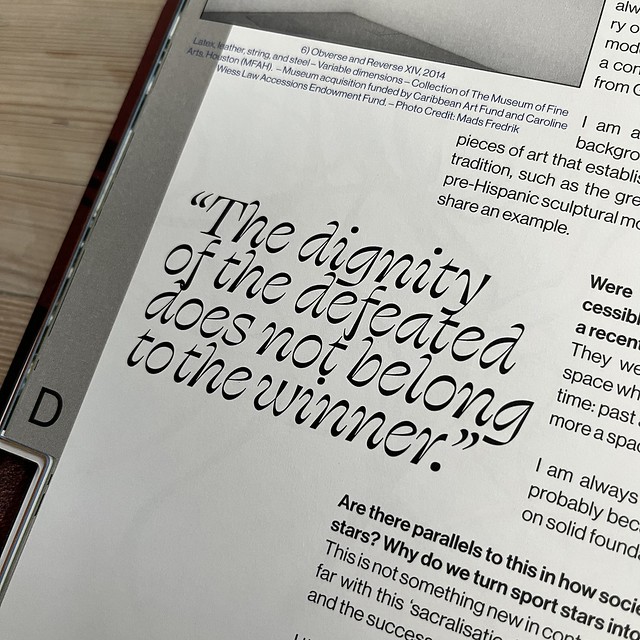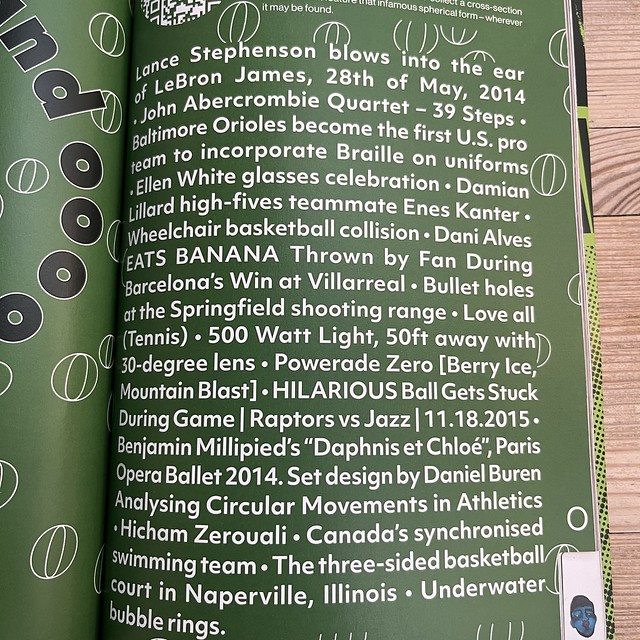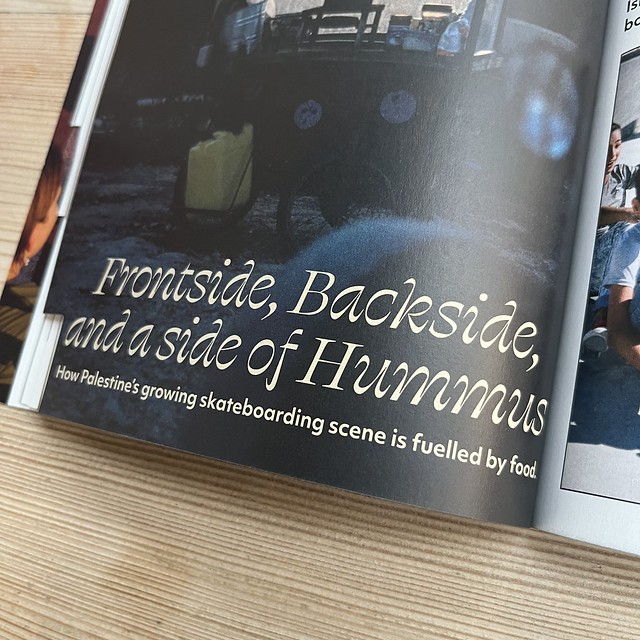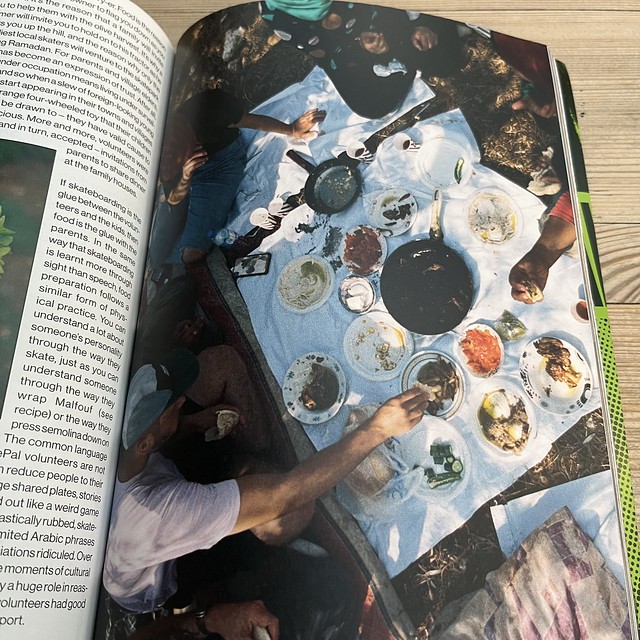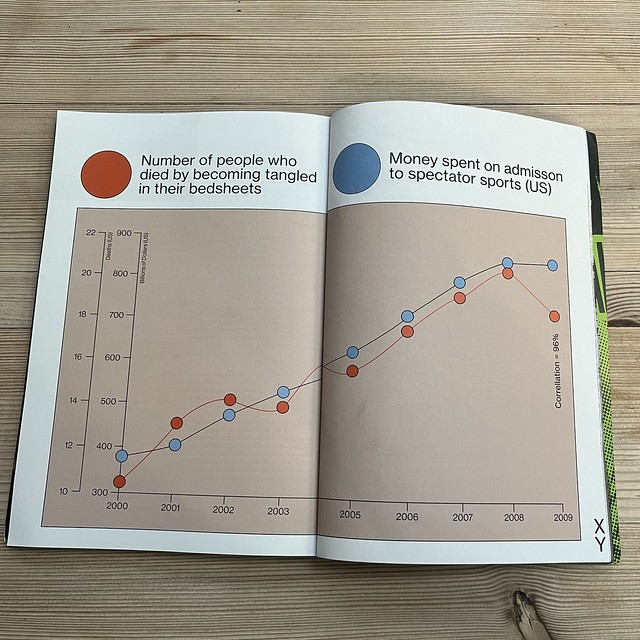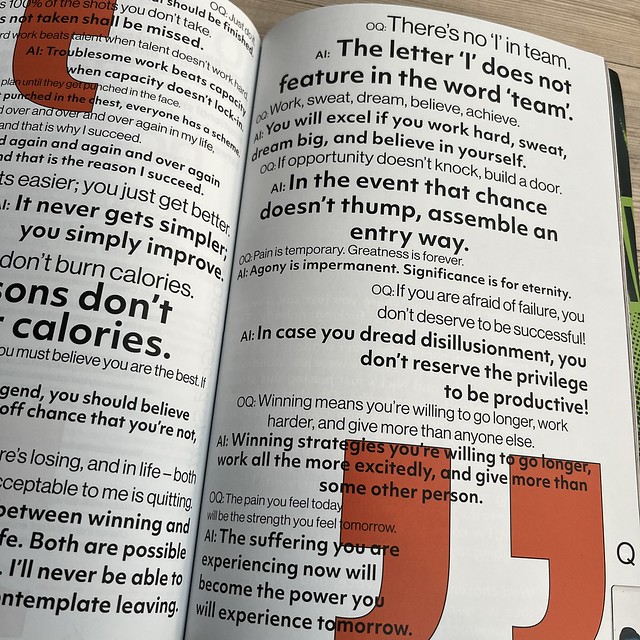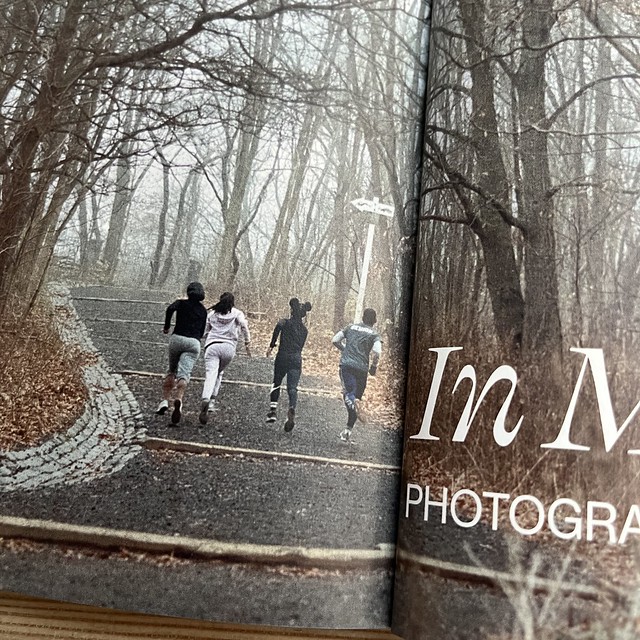Here's another angle on the right balance between complex and simple; a quick listen from a talk with Susan Rogers, music cognition expert, associate professor of music production and engineering at the Berklee College of Music and, of course, one time staff engineer for Prince.
Russell Davies
As disappointed as you are
About | Feed | Archive | Findings | This blog by email
NotBusinessCasualWorld
I've got a lot of friends who are trying to build more humane versions of services. And it's sometimes difficult to articulate what that should feel like. This is an aspect of it:
It seems like Zuck's take is the opposite of Stewart's. Flickr and Slack emerged from the utility parts of gaming and brought playfulness to practical tools. They didn't start with "Hey kids, jack in to BusinessCasualWorld!"
— Erika Hall (@mulegirl) October 17, 2022
October 19, 2022 | Permalink
Agitate, educate, nominalise
When people try and say 'write like you speak' a lot of what they mean is get rid of nominalisations. It's especially important because a lot of people are actively trained to write like this, so when they try and write in 'public' they tend to do more of it.
I'm always on the look at for good/bad examples. These are a couple:
"In the 1970s, the poet Elizabeth Bishop taught writing seminars at Harvard. Shy and nervous leading classes, she still managed to produce a long, confident list for her students headed ‘If you want to write well avoid these words’. Many of the words were nominalizations, like creativity, sensitivity and ‘most ivity-words’. Others were those dressed-up noun categories that have crept into daily use and distance us from the real: life-experience, relationship, aspect, area, potential, structure, lifestyle."
From First You Write a Sentence, Joe Moran
For today’s poem, I gift to you this one about nouns conversioning to verbs. pic.twitter.com/TkpxwCf8TS
— Brian Bilston (@brian_bilston) October 16, 2022
Flow Country
James pointed to these stories about letting rivers be rivers. I've just got to this point in Annie Proulx's Fen, Bog and Swamp; about letting a bog be a bog.
(Also Flow Country is the best name)
"Scotland’s Flow Country claims to be the largest still-extant blanket bog in the world. A 4,000-square-kilometer section may become the world’s first bog National Heritage site. The Flow Country is the major nesting habitat for most of Europe’s migratory breeding birds including 66 percent of greenshanks, 17 percent of golden plovers, 35 percent of dunlins, divers (known as loons in North America) and all those that depend on camouflage to raise their young without predator dangers...But in the 1980s the seemingly empty and windswept region tempted the timber-needy British into planting trees. The government granted money to drain and plow the Flow Country bogs and eventually 190,000 hectares (470,000 acres) of wetlands were mutilated into a ridge-and-furrow landscape, the ridges planted with non-native trees.
It all happened so quickly that one of the conservationists trying to record the diversity of the bogs had the planters right at his heels. “We were literally running along right in front of the ploughs.” They would plot and photograph all one day and the next day the machines would rip through their still-visible footprints. The tree farmers were counting their future board feet as they set out hundreds of thousands of Sitka spruce and lodgepole pine. They were disappointed when the transplants did not do well in the high-acid low-nutrient bog soils where the fierce winds common in all flat country oppressed the struggling survivors.
As the years passed the conifer plantations grew into entangling wind-bent thickets. Predators—pine martens, red foxes, hooded crows—arrived. The migratory birds, habituated to nesting safety in the Flow Country, had no experience of these enemies in this place. Angry opposition to the plantations came from conservationists and environmentalists in what has been called “one of the fiercest environmental battles in British history.”
By the 1990s the government subsidies evaporated in a cloud of disappointment for the would-be timbermen. A series of complex laws, EU Habitats Directives and greater knowledge of wetlands values opened a way to bog restoration. Workers cut down the languishing trees and plugged the water collector drains. The water table began to rise and bog plants of heather and bog cotton appeared on the ridges and sphagnum mosses settled into the wet furrows. This was not ideal. The University of the Highlands and Islands scientist Roxane Andersen, who was overseeing the project, did not want a corrugated landscape but a homogenous wetland. Workers began to flatten the ridges and block the ends of the furrows to hold in leveling water to wet the entire site.
After sixteen years the leveled bog has stopped emitting CO2 and the more deadly methane and begun holding them in. But the arguments are not over and there are problems in every part of the tree-planting project from “flawed” planning to inaccurate surveys."
ScienceStoryMagicAI
The venerable Matt Muir points at PodcastAI, which is what you imagine it is. It reminded me though that back in 2016 I already comprehensively and accurately predicted the exact nature of robot-driven speech audio with ScienceStoryMagic. And it turns out it still works. Though maybe not that well on mobile.
October 15, 2022 | Permalink
Good pun
This is a cool surprise: our paperboy, Russell, is included in @Counterprint's new book celebrating mascots in contemporary design! https://t.co/foKzAbz0CN
— Newspaper Club (@newspaperclub) October 13, 2022
Shoutout to brilliant @D8__studio for bringing him to life. Here are some memorable Russell appearances over the years: pic.twitter.com/qtEpVgWY2y
Newspaper Club is perhaps the favourite thing I've ever been involved with. But I don't think I knew the mascot was called Russell so scanning these tweets gave me a bit of a start.
October 14, 2022 | Permalink
Shorting myself coming back
You can currently buy my complete works (Egg Bacon Chips and Beans and Everything I Know About Life I Learned From PowerPoint) from my shop for £20. That is a bargain price, only available because every now and then I buy secondhand copies of EBCB from Alibris, Abebooks or Amazon. They're normally about £4.
But I went to buy some more the other day and you can't get one for less than about £38. Exciting! Either the secondhand algorithms have detected that there's a regular buyer out there (me) or we're getting to the end of the remainder pile and scarcity's starting to kick in.
There's an opportunity there for arbitrage, if you can be bothered. But, if you're the last person on earth who wants those books and hasn't yet got them, now's your chance.
October 12, 2022 | Permalink
Splitters
Phil digs around the cultural splits mentioned previously, going beyond generations to all the us and thems and mainstream and indies.
It reminded me of one of my favourite bifurcations of everything - the one in Neal Stephenson's Reamde: 'the forces of brightness' versus 'the earthtone coalition'. That still seems very true.
Phil! I'm going to try webmentions. Very exciting.
October 11, 2022 | Permalink
Give the gift of Stack
A great colleague left our team the other day. I couldn't work out what to get them as a leaving present. Designers are especially hard to buy for because, many of them, are choosy about the stuff they want in their lives. Then it hit me: Stack. Perfect. Such a good thing.
A couple of my favourites from my old Stack pile are Irin...
And Good Sport...
October 11, 2022 in Recommended | Permalink
